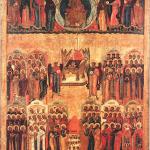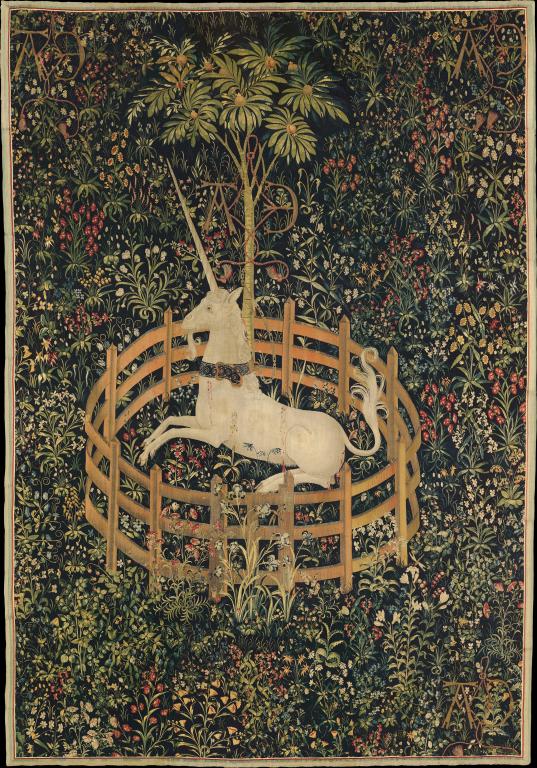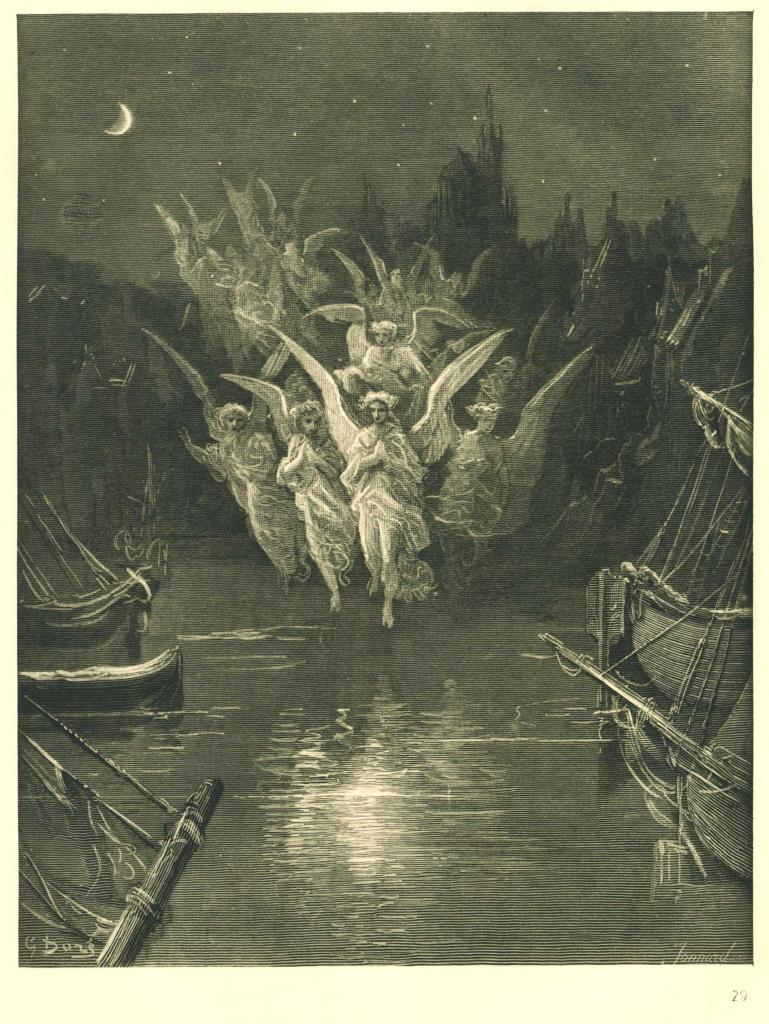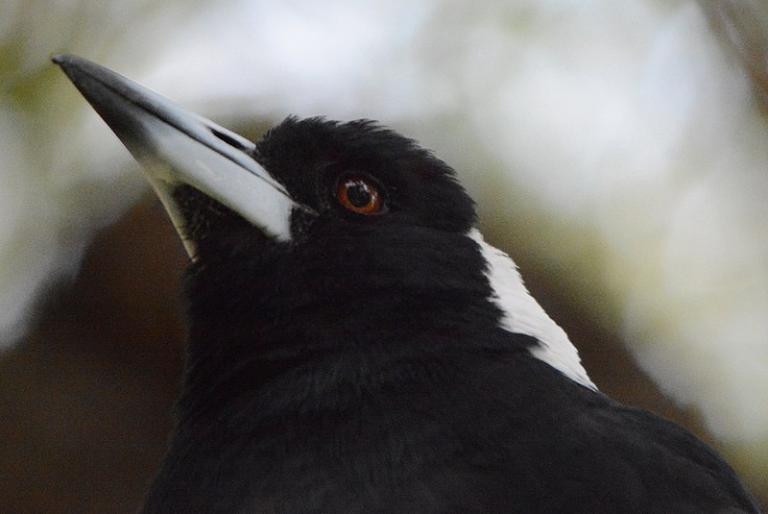David Russell Mosley
Ordinary Time
21 October 2014
The Edge of Elfland
Hudson, New Hampshire
Dear Friends and Family,
As many of you know, I am a proponent of handwriting letters. One of my correspondents calls them ’49 cent miracles’. Actually, he called them 44 cent miracles, but stamps cost 49 cents now. Well, in a recent letter from a friend, he pointed out that while neither he nor I were raised in liturgical/sacramental churches, we have both found our way into liturgical/sacramental understandings of reality. While we’re both theologians, it isn’t merely our study of theology that led us here. We were, he suggests, prepared for a sacramental imagination by the works we read as children. While he and I will be exploring this more in our letters, I thought I would give some time to it here as well.
I’ve written time and again about the importance of fantasy and poetry for theology. I have a whole category called Faeriean Metaphysics. Nevertheless, the focus has almost always been on reading these works now, not about reading them as or to (or with) children. I have been a father for five, nearly six months, now and without even really thinking about it, I’ve been reading to them books that will help build their sacramental imagination. So far we’ve read Smith of Wooton Major, The Hobbit, Harry Potter and the Philosopher’s Stone, Harry Potter and the Chamber of Secrets, The Lion, the Witch and the Wardrobe, Prince Caspian, and we are currently in the middle of The Voyage of the Dawn Treader. These books, even reading them now, will, I think, help form their imaginations and how they see the world around them. When I was a child, I began with The Hobbit, my mother reading it to me in the cradle. I also developed a love for Greek mythology reading various versions of all the great tales, Heracles, Perseus, Theseus, etc. Later I discovered Narnia and Neverland; and later still, I rediscovered Middle Earth. From there in college I expanded out even more. My imagination kept growing with each new story and each new world. It was this, even more than my first reading of Gregory of Nazianzus or Augustine or John Cassian that led me into a study of theology and a sacramental imagination.
Over the next few weeks, I want to look at some of these worlds and examine the ways in which they can help us, both as adults and as children, to develop a sacramental imagination. But I also want to leave you with this question. Many of you come, as I do, from a rather non-sacramental background. For people from the Restoration Movement, we tend to be sacramental about baptism, but not about Communion, though we do it every week, and certainly not about any of the other things which have been deemed sacraments over the centuries. Others may come from completely non-sacramental backgrounds, that is, things like baptism or the Eucharist are not sacraments but rituals or remembrances with no deeper reality to them. This causes me to wonder, is it even right to have a sacramental imagination? Of course, I think the answer is yes, but so many Christians might disagree. Therefore, as I look at these various worlds and the sacramental imagination they help foster in children, I will also be looking at the sacramental imagination as such, and the view it takes of these things we call sacraments. So look out for my next letter looking at the first world to which I was ever introduced, Middle Earth, and what relationship it has to a sacramental imagination.
Sincerely yours,
David













